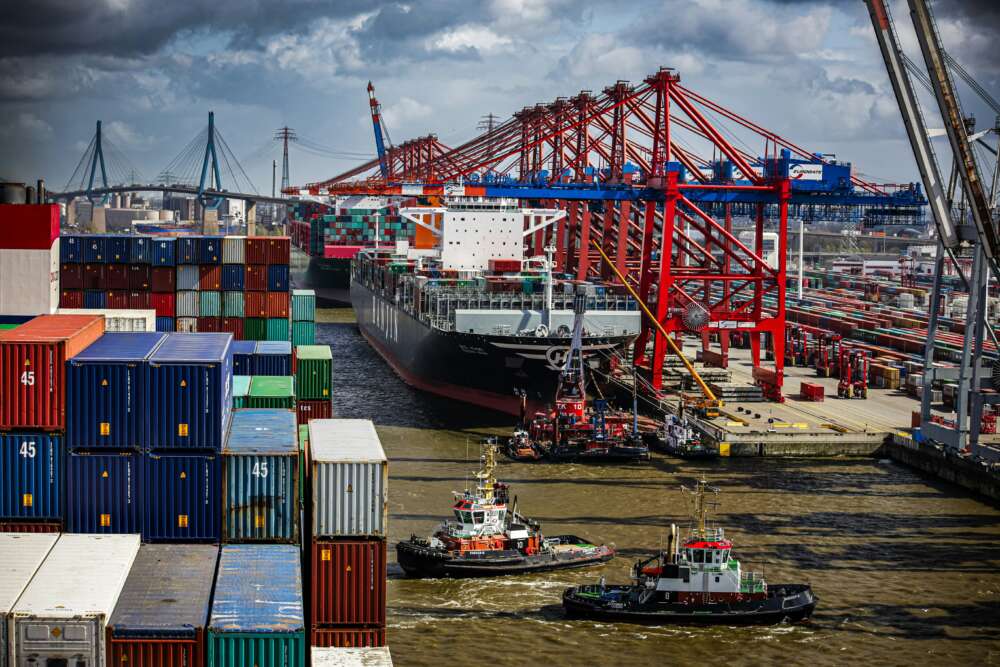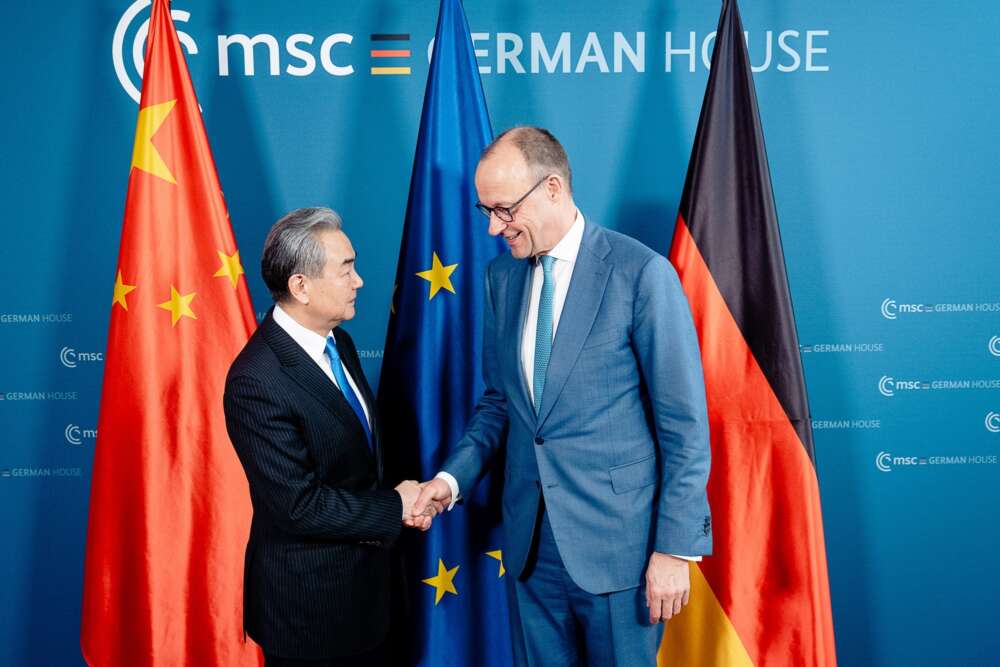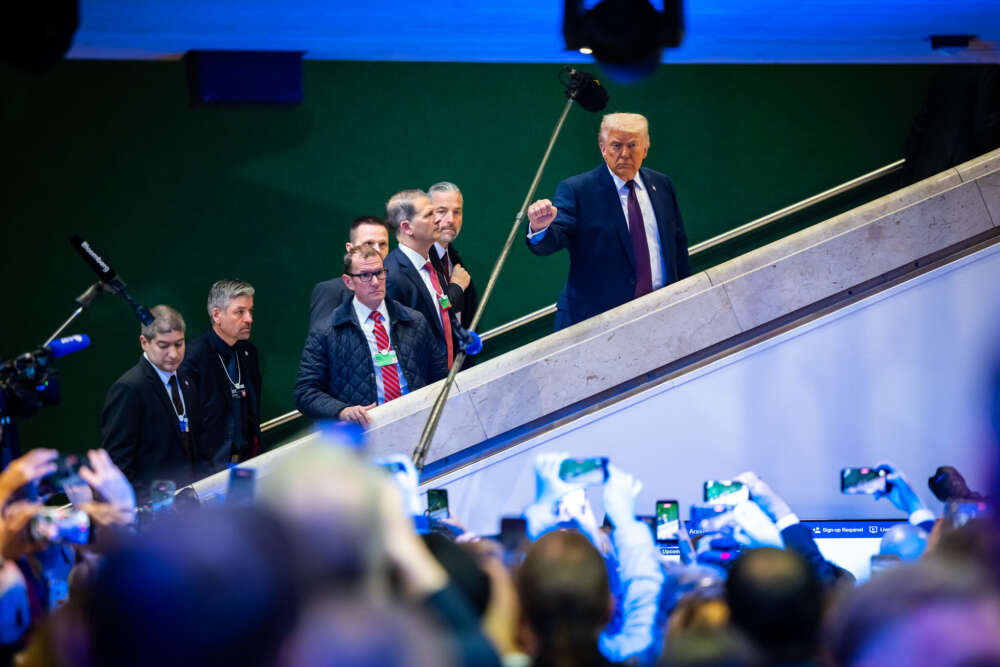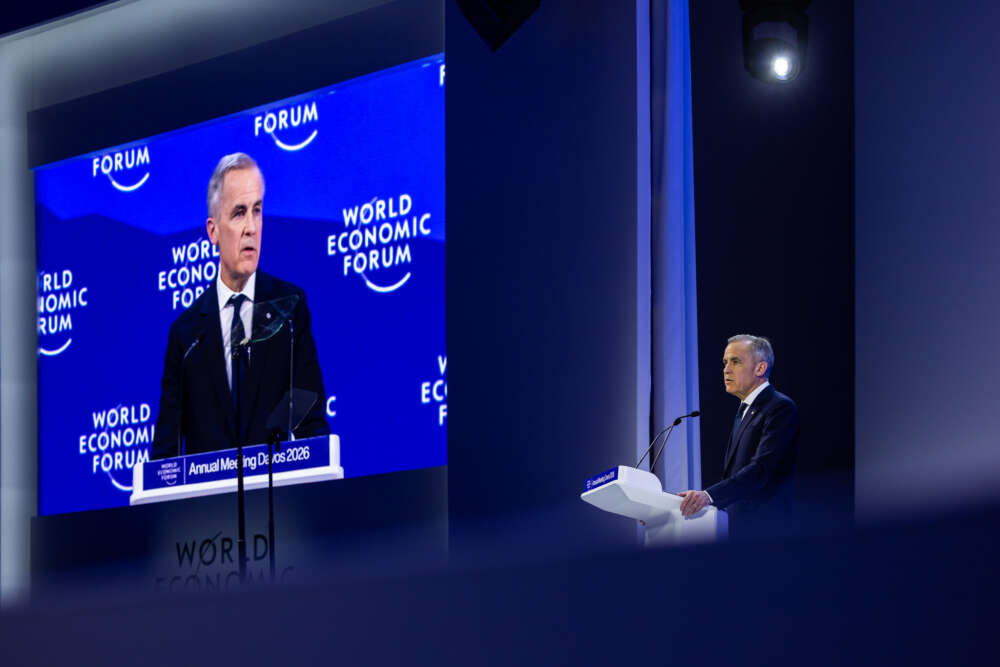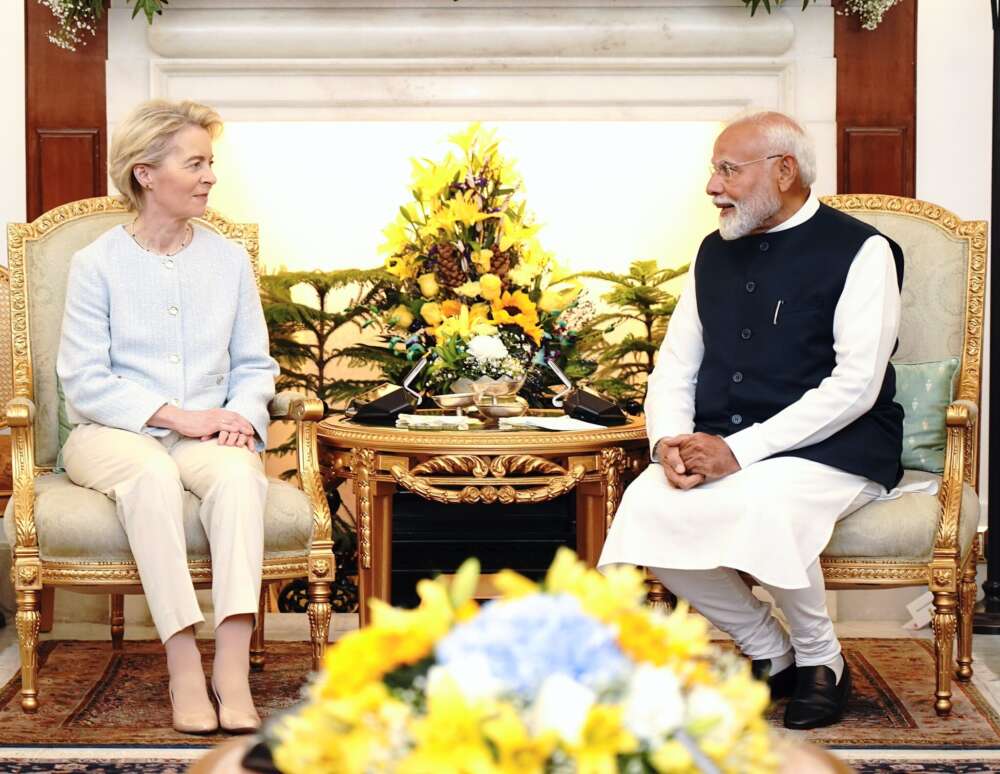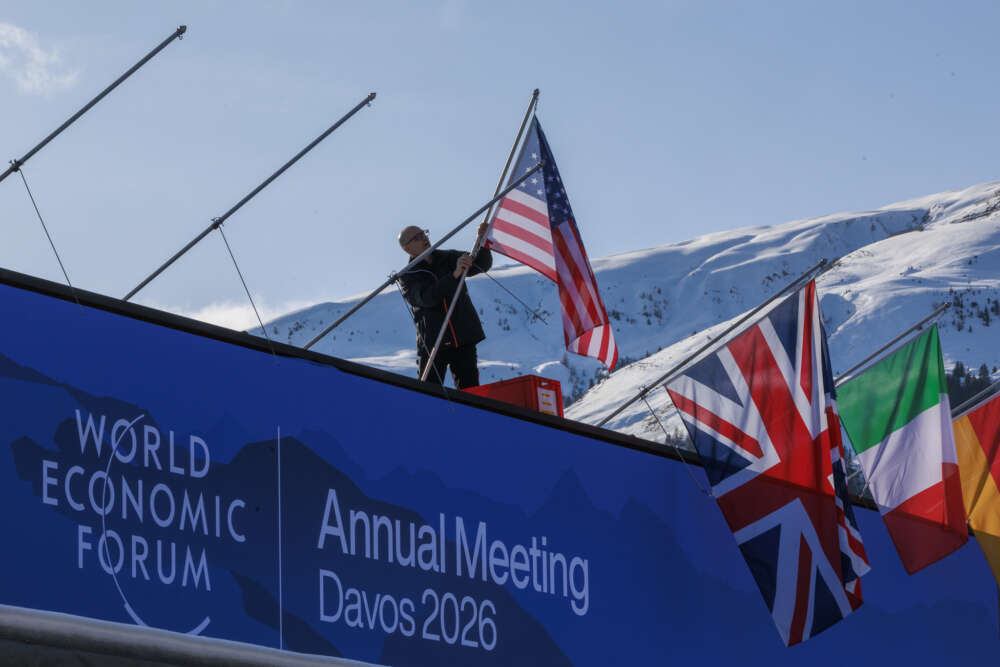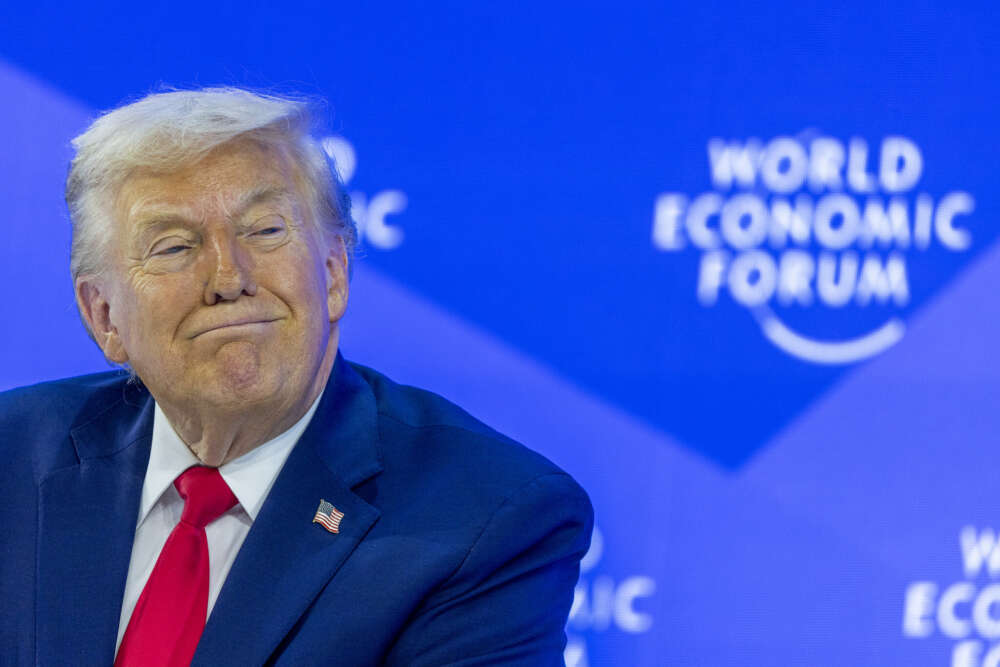Strategic Dependencies: Germany Should Learn From Its G7 Partners
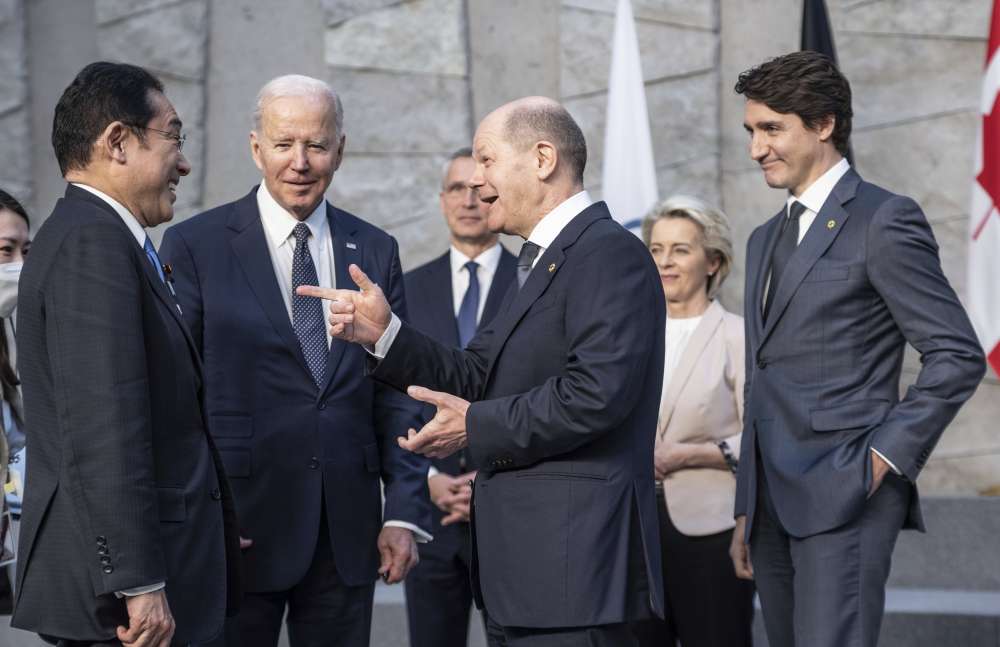
“Economic security” was a central theme at the G7 summit in Hiroshima in May, and unsurprisingly so. Japan has played a key role in shaping this concept over the past years. For Germany, another G7 member, it was Moscow’s attempt to blackmail Europe using Russian natural gas supplies that finally drove home how economic ties can become a matter of national security. Talk of “strategic dependencies” has since become ubiquitous in Berlin. However, this discussion has often revolved around the question whether Germany should “decouple” its economy from that of China, a strawman stance that nobody in a relevant position is seriously advocating for. To really reduce its exposure to risks of economic coercion, Germany needs a targeted approach that addresses specific dependencies, notably in the area of supply chains. And it should use the exchange in the G7 to learn from partners whose processes and structures are a few steps ahead.
Germany has two fundamental problems when it comes to dealing with supply chain dependencies. First, nobody has a comprehensive overview of all economic ties that are strategically relevant. Some elements of an active risk analysis are already in place: for example, the German Mineral Resources Agency (DERA) continuously examines the supply, demand and price development of critical raw materials. But this is far from a holistic monitoring. Corresponding efforts by the EU Commission are also still in their infancy and should not be relied upon to replace precautions at the national level.
Second, even in cases where Germany’s industries are obviously highly dependent on supplies from abroad that could be prone to political disruption – such as for semiconductors, batteries or solar modules – established policy approaches have failed to produce convincing strategies at the required speed. A recently published draft of a solar energy strategy by Germany’s ministry of economic affairs, for example, notes a concentrated dependence on Chinese suppliers and outlines the goal that solar modules and components should once more be manufactured at home or in Europe. However, at least for some important parts of the value chain, a comprehensive reshoring is illusory for the foreseeable future – as the results of a stakeholder dialogue with industry representatives that accompanied the ministry’s strategy process also highlight. And yet, any discussion of how Germany could deliberately diversify its supply sources for these goods is missing from the strategy. This example shows that the urgent need to reduce the country’s critical dependencies has not yet been mainstreamed into policymaking. In addition, the very approach through which Germany’s government institutions attempt to develop such strategies merits a critical review.
The latter point raises the question what Germany can learn from other countries that have already advanced further on this agenda. In the United States, the initial focus of the current administration was to align and push existing institutions to produce better analysis: with Executive Order 14017, President Joe Biden initiated a multi-step process across a diverse set of ministries that also involved key industry stakeholders. First results – a number of initial risk assessments and recommended actions – were released after just 100 days. The US is now building on these analytical advances by developing sustainable capacity, especially in the Ministry of Commerce.
In Japan, the drive to reform the country’s institutional set-up is even more apparent. For example, the Japanese government established both an economic department in its National Security Secretariat and a separate ministerial post for economic security. The latter is responsible for drafting new legislation and coordinating analysis and initiatives to counter critical dependencies. Japan also launched a “national think tank project” to catalyze expert analysis on particularly critical areas, which will be transformed into a permanent organization in the future.
For the discussion in Germany, two aspects stand out from these experiences. The first is the need to mobilize relevant expertise across different ministries and agencies. This does not mean that Germany should opt for an approach of maximum centralization that comes with a great deal of organizational restructuring – Japan, too, did not bundle all responsibilities under the new ministerial post. What is required, however, is a stringent overarching management of monitoring and analysis efforts as well of the development of adequate policy responses. This is true even for a country like Germany, where ministries’ individual prerogatives on their respective policy areas are a key principle of government. Stringency means: assignments should be distributed and tracked at the highest political level, based on a common analytical framework. Such an approach would also serve to permanently anchor the topic of economic security on the government’s agenda.
Secondly, Germany needs to better orchestrate a constructive interplay between government actors, the private sector and research institutions. This is central if Berlin wants to leverage deep industry expertise and keep pace with technological developments and market dynamics. Approaches such as the economic ministry’s stakeholder dialogue on the solar industry point in the right direction. However, these formats need to foster more in-depth content discussions if they are to yield concrete suggestions for steps that Germany can take to effectively reduce its critical dependencies. Creativity will be needed here to encourage companies to participate and keep their involvement transparent at the same time.
Germany has finally caught up with some of its international peers in recognizing how strategic supply chain dependencies in key sectors of the economy can give rise to genuine security risks. But the steps the German government has taken to specifically identify and address these risks have so far remained inadequate. If Berlin is serious about reducing its critical dependencies, including on China, it should start by devising a more systematic approach to understanding and tackling the problem.
